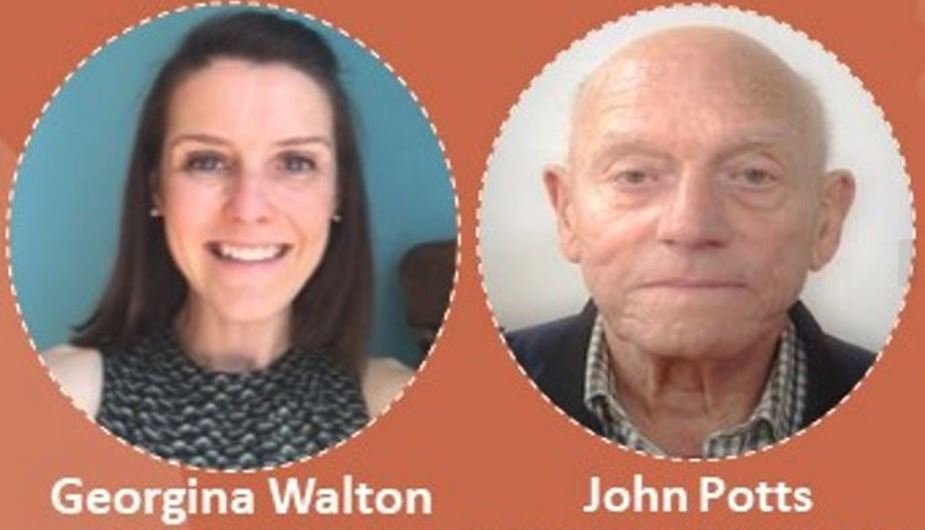10 March 2024

By Gina Walton and John Potts
The Kent Research Partnership (KRP) is a ‘research practice partnership’ between the University of Kent and Kent County Council, funded by the National Institute for Health and Care Research (NIHR). Research Practice Partnerships (RPPs) are long-term, collaborative approaches bringing together relevant research and practice stakeholders to produce research for and with the sector they serve. RPPs aim to transform the relationships and power dynamics between researchers, practitioners and communities. In social care, this means involving commissioners, practitioners and people who draw on care and support (and their unpaid carers) as the producers, as well as users and disseminators, of knowledge. This requires giving the social care workforce and people with lived experience the confidence, skills and opportunities to be involved in all stages of the work. We do this through:
- Public Involvement and Engagement (PIE): in every stage, from prioritisation, through to design, delivery, dissemination and implementation.
- Equality, Diversity and Inclusion (EDI): to identify under-represented groups and develop strategies to involve and engage.
- Capacity building: to build research engagement, confidence, knowledge and leadership within the sector.
- Better outcomes for people working in and using social care.
Public involvement and engagement runs through every aspect of the partnership, supported by a fantastic and engaged working group of 12 members of the public with lived experience of social care. Together they have formed a Lived Experience Working Group led by local resident Mr John Potts and Gina Walton from Kent County Council The group meets every month and members have contributed to: setting strategic research priorities for adult social care in Kent, consulting on themes and activities, reviewing applications for research fellowships, providing lived experience expertise to research and fellowship projects, presenting at events and contributing to two Communities of Practice.
To support Working Group members, a training and support programme was co-designed and this helped Working Group members understand the importance in their role. Following training in early 2023 we commissioned a further 1-day session for late January 2024. The key aims from the training were to reflect on and explore individuals’ experiences of co-production, to recognise and celebrate individuals’ contributions and achievements through co production and consider the difference made and explore what could enable individuals to feel confident to take on future challenge.
There are a range of activities designed to embed social care research into every day practice. These include Research and Training Fellowships and Communities of Practice. Working Group members provide a significant role in both the bringing continuity and experience to these activities and ensuring public engagement throughout. Further examples include reviewing research applications and providing advice and guidance to researchers to agree topics of interest, inform the design of new funding applications and shape plain English summaries. We have bi-monthly group meetings and an outputs/impact log that captures the activities of the Working Group and demonstrates the overall impact on the research project.
In September 2023, we held a well-attended Celebration of Social Care Research Day attended by over 100 people. A strong element of day was the powerful session focussing on co-production by Working Group members, describing how the group have used their skills to ensure involvement of people who draw on care and support at every stage of the activities they have been involved in.
Group Member Perspective: I find that this is the group where I feel the time is best used and we seem to get to a conclusion or a definite action plan which I am not sure if this is the case with a lot of the meetings I attend. I also feel that there is something to be learnt or followed up after every meeting/Community of Practice and that is beneficial too.
Working Group members have developed a range of documents such as guides for staff and commissioners on how to embed co-production and co-authoring a journal article focusing on the first two years of the Working Group input and impact on the partnership, intended for the ‘Research for All’ Journal (an open-access journal focusing on research that involves universities and communities, services or industries working together).
Members of the group are also part of other networks/lived experience groups and therefore share wider learning and contribute information and viewpoints from wider perspective.
The Working Group has and continues to have a real impact. Members are offered payment for their time and regularly receive hampers and thank you gifts, funded by the partnership.